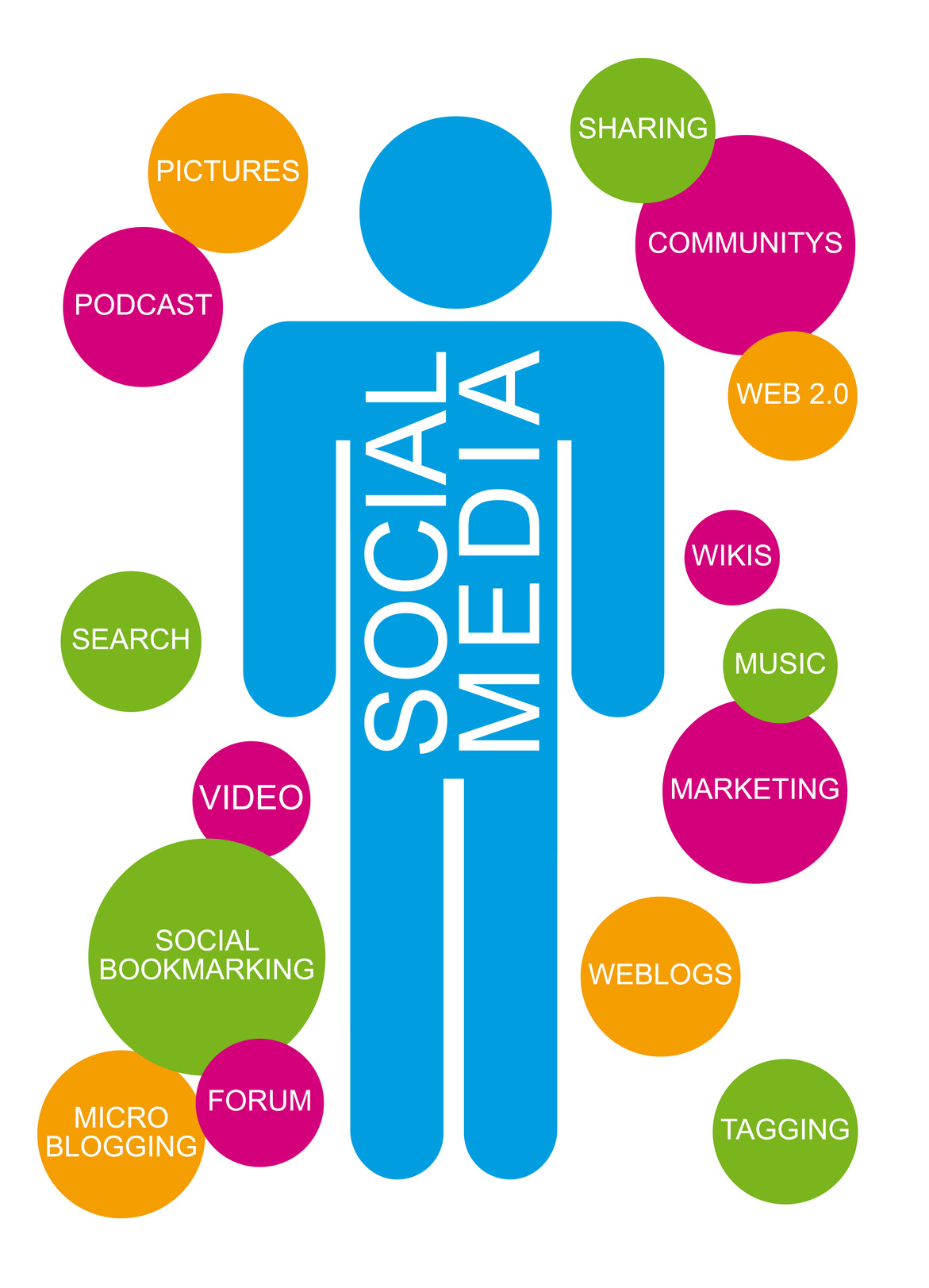National Study Further Demos Your High School Classmates Just Won’t Fade Away
, Posted in: Inspiration, Author: nleavitt (June 19, 2011)
 That geeky guy who was a member of the high school chess and math clubs – now probably cashing in millions in stock options from his latest startup. The blonde cheerleader you had a crush on – long relegated to the deepest recesses of your cerebrum. Perhaps even the English teacher who kept on reaming you over those dangling participles.
That geeky guy who was a member of the high school chess and math clubs – now probably cashing in millions in stock options from his latest startup. The blonde cheerleader you had a crush on – long relegated to the deepest recesses of your cerebrum. Perhaps even the English teacher who kept on reaming you over those dangling participles.
Unlike Gen. Douglas MacArthur’s famous Apr. 19, 1951 quip before a joint session of the U.S. Congress – “old soldiers never die; they just fade away,” thanks to Facebook, those high school, and in many cases, even middle and elementary school classmates –and the occasional teacher – won’t fade away either.
All of the aforementioned has now been officially substantiated by the Pew Internet and American Life Project, which recently released a report entitled, “Social Networking Sites and Our Lives.’
It’s the first national survey of how the use of social networking sites by adults is related to people’s overall social networks.
As the report is 85 pages and summarizing all of the findings would take numerous postings, I’ll comment on a few points that were rather illuminating.
Yes, the largest single group of Facebook friends is your high school classmates. Survey respondents were asked to classify friends into a number of categories – immediate family, extended family, coworkers, neighbors, people from high school, college/university classmates, members of voluntary groups/associations, folks they’ve never met in person, and people they had only met once.
The survey revealed:
• Average Facebook user’s friends list has 56 people from high school – about 22% of the total.
• Extended family was second with 12%; coworkers,10%; college friends, 9%; immediate family, 8%; people from voluntary groups, 7%; neighbors, 2%.
• About 31% of Facebook friends weren’t classified in any of the categories per previous bullet.
The survey authors surmised that these were probably dormant ties and friends-of-friends.
Other key findings:
• The number of those using social networking sites has nearly doubled since 2008 and the population has gotten older;
• Facebook users are more trusting than others;
• Facebook users have more close relationships;
• Facebook users get more social support than other people;
• Facebook users are more politically engaged than most people.
And this was somewhat surprising – MySpace users are ‘more likely to be open to opposing points of view.’ The survey measured “perspective taking,” which the authors said is the ability of people to consider multiple points of view.
“There is no evidence that social network site users, including those who use Facebook, are any more likely than others to cocoon themselves in social networks of like-minded and similar people as some have feared,” the report said. “Moreover, regression analysis found that those who use MySpace have significantly higher levels of perspective taking. The average adult scored 64/100 on a scale of perspective taking. Using regression analysis to control for demographic factors, a MySpace user who uses the site a half dozen times per month tends to score about 8 points higher on the scale.”
As the 2012 presidential election starts to register amongst voters nationwide, it’s also interesting to note that the survey reported that a Facebook user who uses the site multiple times per day was two and a half times more likely to attend a political rally or meeting, 57% more likely to persuade someone on their vote, and 43% more likely to have said they would vote.
The findings, say the authors, show that there’s little cause for concern that people using social networking sites “experience smaller social networks, less closeness, or are exposed to less diversity.” Those with more education tend to gravitate to LinkedIn and Twitter. But total network size may not be as important as intimacy, for instance.
“Americans have more close social ties than they did two years ago – and they are less socially isolated,” noted the report. “We found that the frequent use of Facebook is associated with having more overall close ties.”
So you just might want to ‘friend’ that cheerleader after all.
Comments